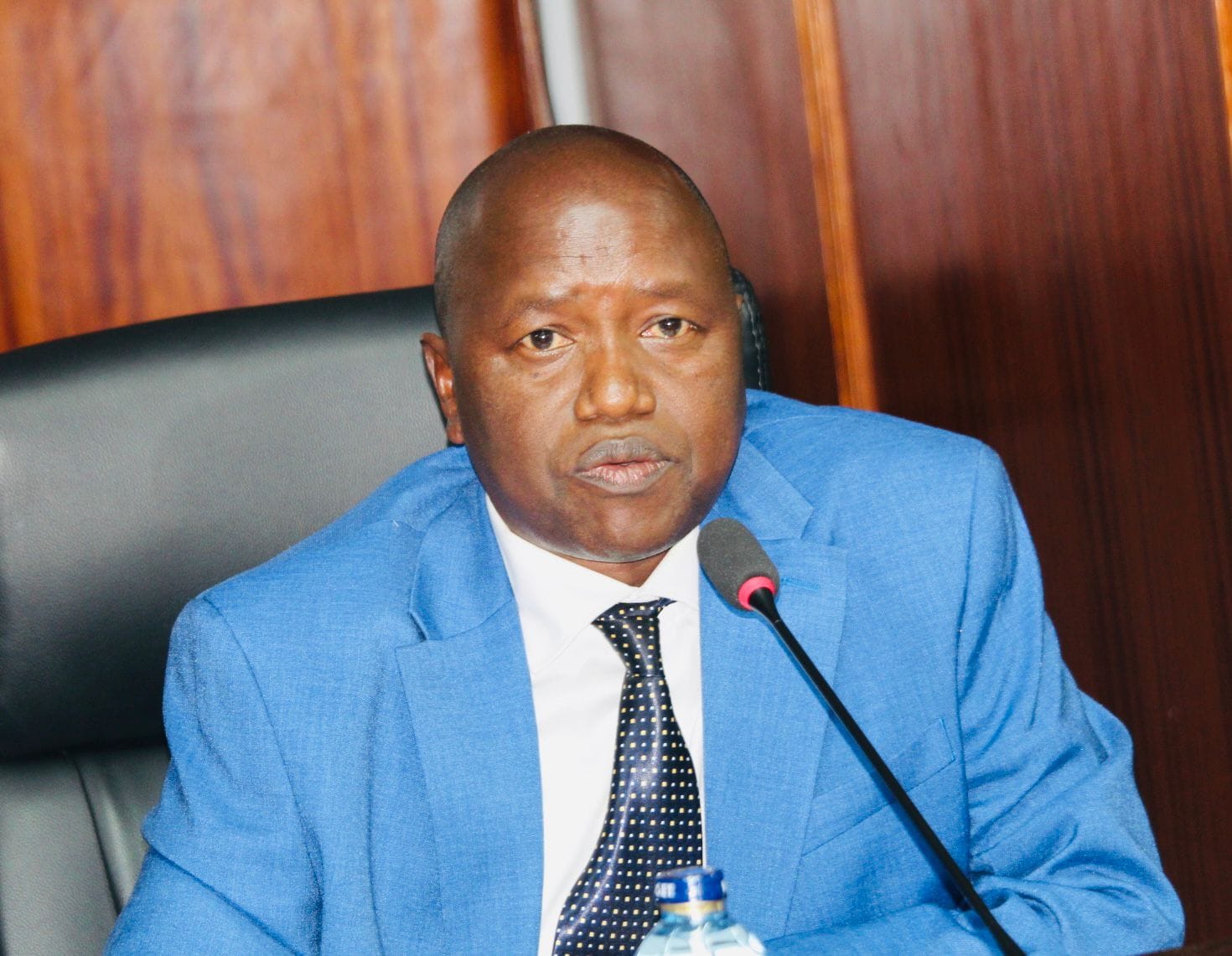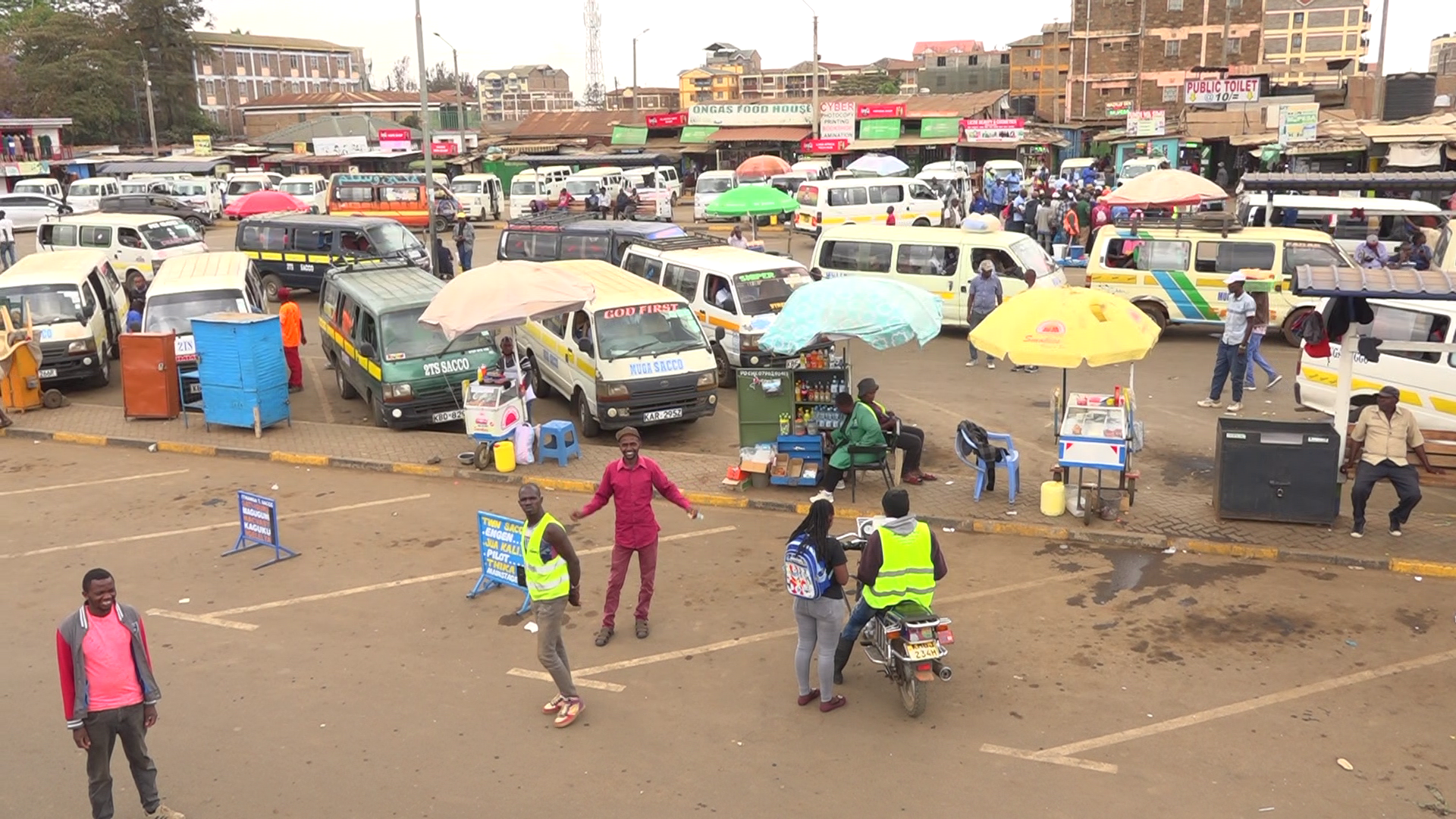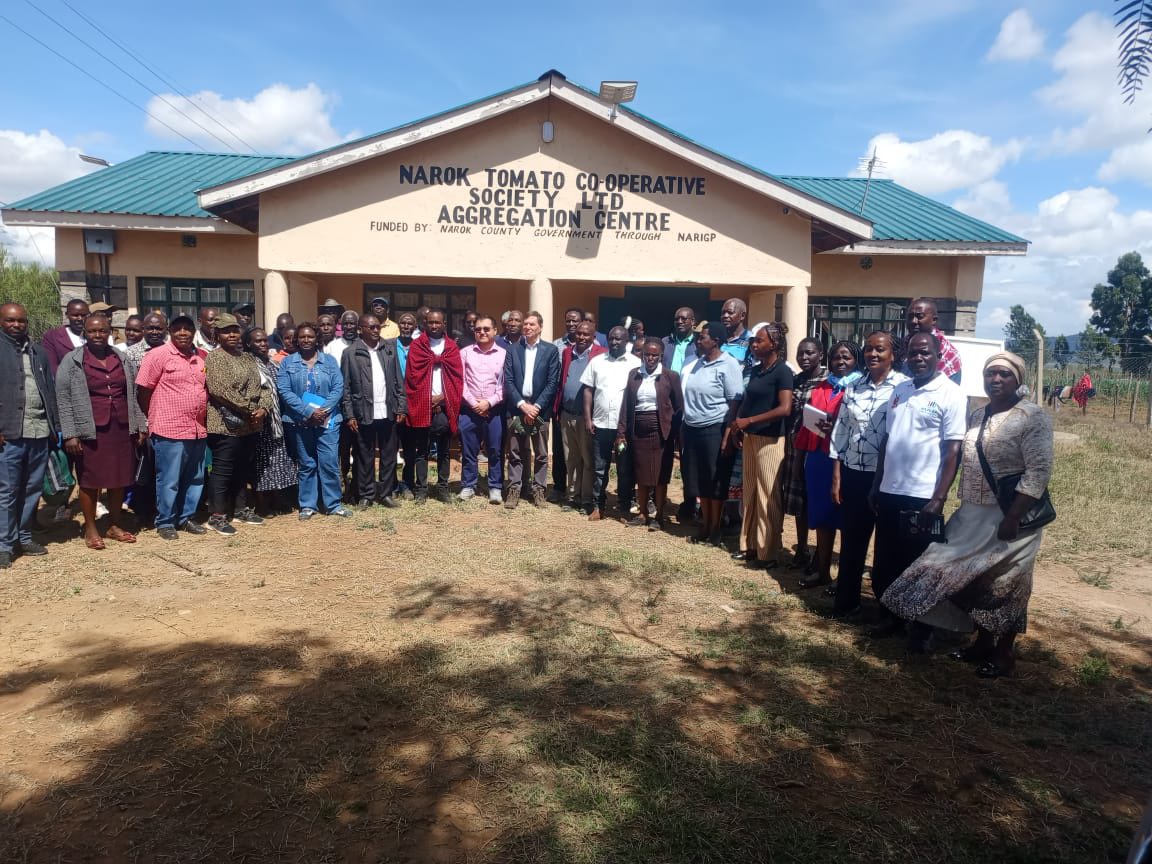Kenya Seed Company Managing Director Sammy Chepsiror has admitted that there was a shortage of maize seed in the country this year, blaming it subsidized fertilizer by the government.
Speaking when he appeared before the National Assembly Committee on Agriculture and Livestock yesterday to answer questions over the shortage of maize seed during the last planting season, the MD attributed it to the availability of government-subsidized fertilizer.
Other reasons he said triggered the high demand that strained their production capacity include favourable weather, prolonged rains in 2023, and attractive commercial prices.
“We have been putting up strategies to increase seed production. However, it has been low due to insufficient suitable arable land, the high cost of seed production, and the post-harvest losses resulting from minimal or lack of selection stores, mobile driers and poor handling during the harvest,” he said.
On the upward review of maize seed prices, the MD said that it was an agreement reached by various stakeholders in the seed sector as an incentive for unattractive seed prices that had led the growers to abandon the venture.
READ ALSO:
The Committee chaired by Dr John Mutunga met with Kenya Seed Company, Agriculture Development Corporation (ADC) and Seed Traders Association of Kenya (STAK) who were all tasked to explain to the Committee Members the reasons for the shortage.
While making a presentation for ADC, Judy Oggema told the Committee that the relationship between them and Kenya Seed is that they carry out large-scale seed multiplication of Hybrid seed maize which then passes to Kenya Seed for processing, packaging and marketing the varieties to the Kenyan farmer.
Oggema also told the Committee that their arable suitable land for hybrid seed maize multiplication in Kitale, Trans nzoia County, is about 12, 000 acres from the total ADC acreage of 33 248 acres in Kitale.
STAK, on their part, disclosed that they have a membership of 60 companies, and 38 per cent of them deal with maize seed production, processing and marketing.
According to Wellington Wasike, the Chairperson of STAK, the total volumes produced by seed companies for the season November 2023 to March 2024 was 21,699MTs, and out of it, the private companies produced 47 per cent while Kenya seed produced the rest.
Wasike told the Committee that the higher demand for seeds coupled with insufficient land for seed production was the biggest challenge they faced.
The government has tried to resolve some of the challenges by leasing idle land like NYS, Tana and Athi Rivers Development Authority to seed companies for maize seed production.
Wasike also requested government to exempt tax on pesticides and insecticides as was proposed in the Finance Bill 2024, which was rejected in totality.
By Obegi Malack
Get more stories from our website: Sacco Review.
For comments and clarifications, write to: Saccoreview@
Kindly follow us via our social media pages on Facebook: Sacco Review Newspaper for timely updates
Stay ahead of the pack! Grab the latest Sacco Review newspaper!



